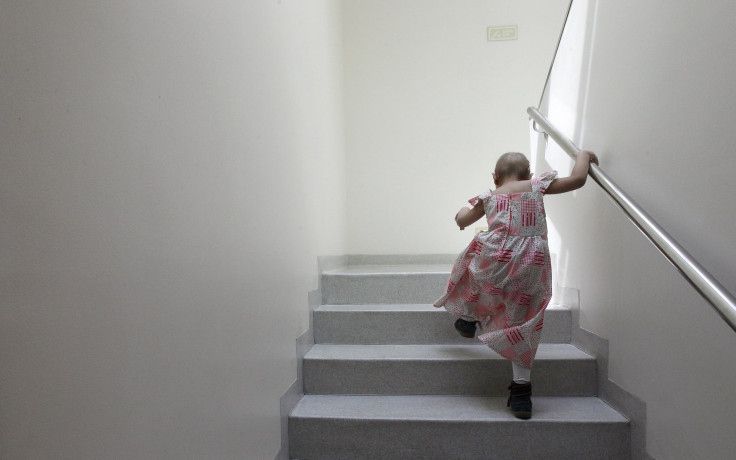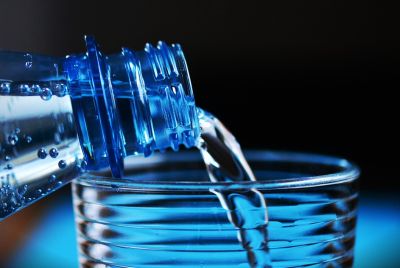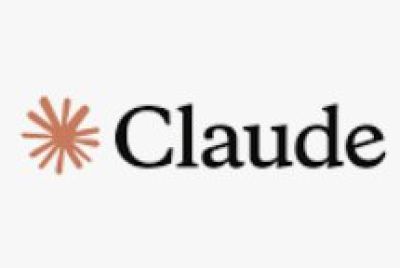Genetically engineered algae kill 90% of cancer cells, hold key to treat solid, untreatable brain tumours

Cancer patients could soon avoid the side-effects of chemotherapy to treat tumours with the discovery of the potential of algae to kill cancer cells without causing any damage to the rest of the body. A new drug from genetically engineered tiny algae killed up to 90 per cent of cancer cells in laboratory tests and holds a lot of potential to treat solid and untreatable brain tumours.
A team of scientists from Australia and Germany have found algae killed cancer cells without harming healthy human cells in a dish. In addition, the new drug has decreased the growth of tumours in mice with only a single injected dose.
Scientists noted that mice subjects did not appear to experience any side effects, like acute tissue damage, from the treatment. The team used genetically engineered diatom algae for the new drug.
Diatoms are a large group of microscopic single-cell organisms that have translucent cell walls of hydrated silicon dioxide or silica. Silica can be compared to the porous material being used in manufactured nanoparticle medicine today.
The genetically engineered diatom algae offers another benefit to cancer patients as it only binds and releases drugs to molecules present in cancer cells. The study was published in the journal Nature Communications.
To date, scientists consider developing a medicine capable to directly attack tumour cells and leave the rest of the body unharmed is one of the greatest challenges in cancer drug therapy. Such medicine would significantly allow patients to avoid devastating side-effects linked with typical chemo treatments.
Researchers of the current study believe that the new approach with genetically engineered algae would improve the future of nanomedicine and targeted cancer treatment.
They noted that diatom algae commonly just need water and light for its growth and can easily break down without the elements. Algae nanoparticles can also be pointed direct to tumour cells only.
However, such types of nanoparticles are expensive and require the use of industrial chemicals, such as hydrofluoric acid, to manufacture.
“Although it is still early days, this novel drug delivery system based on a biotechnologically tailored, renewable material holds a lot of potential for the therapy of solid tumours, including currently untreatable brain tumours,” lead author Nico Voelcker, a professor at the University of South Australia, said in a press release.
Contact the writer at feedback@ibtimes.com.au or tell us what you think below




















